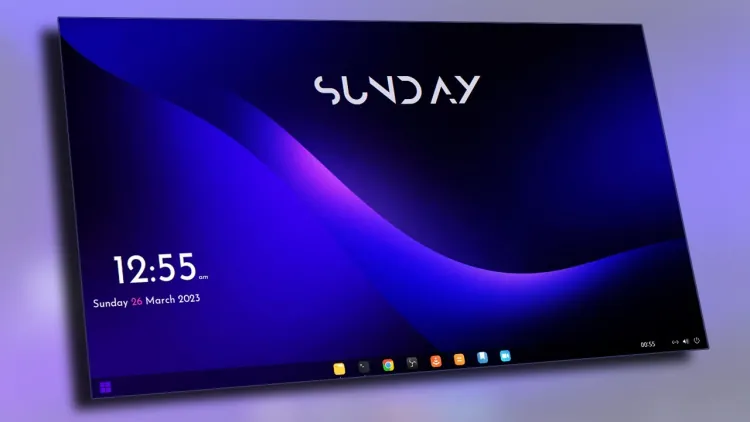Linux's Rising Popularity: Navigating the Fragmented Landscape
Explore why Linux, including Android and ChromeOS, is gaining ground in the global operating system market, despite challenges like fragmentation

Linux has solidified its position as the foremost end-user operating system globally, notably through its most popular iteration, Android. As per the latest data from Statcounter in February 2024, Android leads the market with a 43.74% share, surpassing Windows at 27.39%. While Windows continues to dominate the desktop arena, desktop Linux has seen a notable increase to 4.03%, highlighting a slow but steady growth trajectory. The significance of Linux is further amplified when considering ChromeOS, which I categorize as part of the Linux family, currently holding a 2.26% market share. Interestingly, ChromeOS has evolved, drawing more from the open-source, real-time Zephyr operating system than traditional Linux roots.
The ascent of Linux can be attributed to a variety of factors, despite facing considerable challenges, notably fragmentation. Linus Torvalds, the father of Linux, has pointed out that the fragmentation within the Linux ecosystem has been a significant barrier to achieving a "Year of the Linux desktop" scenario. The Linux landscape is vast, with DistroWatch reporting over 200 distributions and more than 21 different desktop environments. This diversity extends to package management, with systems ranging from DPKG and RPM to newer containerized options like Flatpak and Snap, reflecting the ecosystem's complexity.
Despite these challenges, Linux's growth is undeniable. This rise is intriguing, considering the dominant position of Windows and MacOS in the desktop market. Yet, Linux's progression signals a shift in user preferences and market dynamics. The question of why Linux is gaining momentum amidst such headwinds warrants a deeper investigation. Factors like the open-source nature of Linux, the customization it offers, and the growing community support play crucial roles. Additionally, innovations such as KDE Neon and the Plasma 6 Linux distro have showcased the potential and appeal of Linux as a robust and versatile operating system.
The journey of Linux, from its inception to becoming a key player in the global operating system market, underscores the changing landscape of technology and user needs. As Linux continues to evolve and expand its reach, understanding the dynamics of its growth, despite the fragmentation and challenges, is crucial for both users and developers. The future of Linux appears promising, with its increasing adoption across various platforms and its potential to shape the technology landscape further.
Explore the Future of Linux and Its Market Influence
Discover the Special Appeal of KDE Neon and Plasma 6
What's Your Reaction?






















